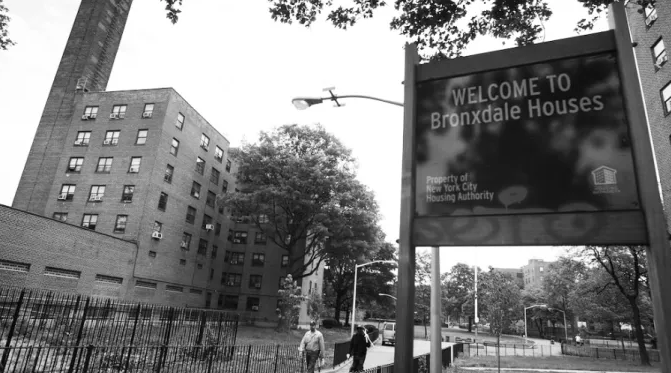The Collective Genesis of Hip-Hop: Beyond DJ Kool Herc
DJ Kool Herc is often hailed as the founding father of hip-hop after DJing the infamous block party at 1520 Sedgwick Avenue in the Bronx for his sister’s birthday party, but pivotal contributions from South Bronx gang The Black Spades, the Bronxdale housing projects, and Disco King Mario are often overlooked.
The Broader Roots of Hip-Hop Culture
While Herc is celebrated for integrating breakbeats into his DJ sets, numerous pioneers do not regard this pivotal moment as the birth of hip-hop since the culture had already been thriving before this innovation. Hip-hop did not originate from a single individual or event. It emerged from the collective efforts of a community and culture that sought to create their own entertainment in their neighborhoods, providing an inclusive alternative to the exclusive disco clubs of downtown Manhattan.
Influence of Gang Culture
According to Jeff Chang’s book Can’t Stop Won’t Stop, hip-hop’s origins were heavily influenced by existing gang culture, including groups like The Black Spades.
“The gangs were a part of hip-hop from day one. You had to regulate. If you didn’t have that kind of street credibility and juice, you couldn’t come out with your equipment, because you wouldn’t go home with your equipment,” Paradise Gray (manager of the Latin Quarter club and co-founder of X Clan) stated in The Come Up: An Oral History of the Rise of Hip-Hop by Jonathan Abrams.
Disco King Mario’s Contributions & Ties to Afrika Bambaataa
Gray also mentioned one of hip-hop’s forgotten founding fathers, Disco King Mario, who resided one floor above Gray in the Bronxdale Houses, and threw some of hip-hop’s earliest jams with his Chuck Chuck City crew.
“When I was a kid and Disco King Mario brought his equipment out and DJ’d in the Bronxdale projects, everybody would come together and cook they food, and drink they beer, listen to the music, dance with the girls. And if you messed up the block party, or you messed up a jam, the gangsters will beat the shit out of you,” he declared.
According to Rahiem of Grandmaster Flash and the Furious Five, “Disco King Mario and [fellow originator] Afrika Bambaataa were both members of the Black Spades gang, and Mario lent equipment for some of Bambaataa’s earliest sets.”
The Plaza Tunnel Nights
At the peak of a Plaza Tunnel night at the Concourse Plaza Hotel in the West Bronx, when DJ John Brown played “Soul Power,” pioneering hip-hop journalist Steven Hager recalls the Black Spades flooding the floor, shouting “Spade Power!” The explosive energy at the Plaza Tunnel set the standard for Herc to aspire to with his own parties.
The Roman Empire of Hip-Hop
Little-known hip-hop trailblazer and original Bronxdale Baby Spade, Green Eyed Genie, likened Bronxdale to the “Roman Empire” of its time.
“It’s just like scripture. The Roman Empire dominated all areas, so when we were introducing the music, it wasn’t known like that,” he explained to YouTube channel The Culture.. Since ’71.
A Collective Spirit Shaping Hip-Hop
In tracing the origins of hip-hop, it’s clear that DJ Kool Herc’s Sedgwick Avenue block party marked a significant moment, yet the true inception of the culture extends far beyond his pioneering DJ techniques. The contributions of groups like The Black Spades, the community of the Bronxdale Houses, and figures like Disco King Mario are integral to hip-hop’s early evolution. Hip-hop’s foundation lies not in isolated events, but in a collective spirit that reshaped music and society, offering a vibrant alternative to mainstream nightlife and paving the way for a global cultural phenomenon.
SOURCES:
https://youtu.be/2pQjmbraiP8?si=yUkf6FPB4Jz4duk9
https://youtu.be/9K5t2Y0wwuw?si=9XSaP7jjTbowqwt8
https://youtu.be/uLDO2uH__3g?si=ym_vO6NZ1PY-Dnjc
https://youtu.be/9K5t2Y0wwuw?si=e6XS5zjeRuYqSXWU
https://rapisouttacontrol.com/interviews/paradise-grey-latin-quarter-interview/
Can’t Stop, Won’t Stop: A History of the Hip-Hop Generation by Jeff Chang p. 77, 97



